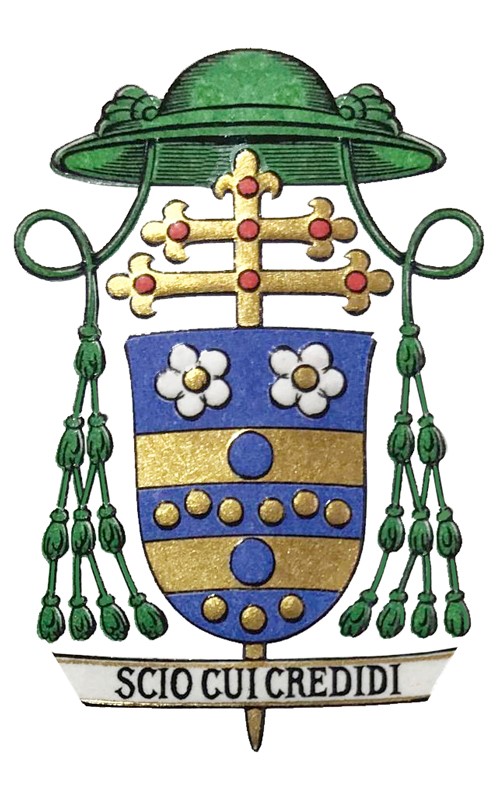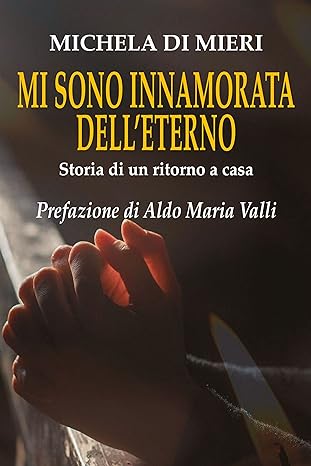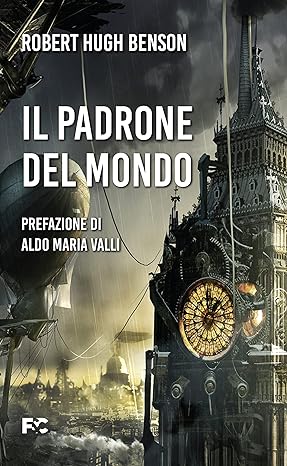
Archbishop Viganò / Message to Participants in the “Roma Pain Days” Congress
Archbishop Carlo Maria Viganò
He approached him, bandaged his wounds,
pouring oil and wine over them;
and, placing him on his mount,
he took him to the inn and took care of him.
Lk 10:34
The theme addressed by this Roma Pain Days Congress is certainly an area proper to scientific research, and even more to the treatment of pain by doctors. But the progress to which science and the art of medicine can lead must never ignore that spiritual component which, together with the physical body, makes us human beings with an immortal soul: this vision, which belongs to Western civilization and was addressed by Aristotle, concerns not only the patient, but also the doctor.
On the one hand, in fact, the care administered to the sick – and the treatments for pain relief, which you deal with – must take into account that their effectiveness on the body is linked to the care to be administered to the spirit. You all know well, from direct experience, how much the patient’s state of mind is decisive in dealing with so many diseases. And, vice-versa, you have seen yourselves what very serious damage has been caused to so many people who were hospitalized during the so-called pandemic and left alone, all by themselves, without the possibility of seeing relatives, deprived even of the comfort of a visit from a priest.
On the other hand, the doctor too has both a body and a soul, and as such it is right and praiseworthy that he or she should be able to exercise this ministry of charity not “in corpore vili” – “on a worthless corpse” – but rather, with a supernatural gaze, seeing in the patient, that neighbor who was taken care of by the Good Samaritan in the parable: seeing in him Our Suffering Lord, who on the day of judgment will remind you of the good you have done to Him, every time you have done it to your brothers and sisters, to your patients.
Our Lord, who is the physician of the soul, asks you not to think only of the patient, but also of yourselves. He does not want from you only a commitment to your patients’ health and a word of comfort or admonishment that can touch their hearts. He wants you to care for and heal yourselves along with your patients, because God loves the doctor no less than the sick person, and wants to save and have both with Him in blessed eternity.
The cynicism of the contemporary world has come to transform even public health into an opportunity for profit, thereby reducing doctors to robotic executors of protocols and compilers of forms and statistics. But to achieve this goal, a materialistic vision of the patient is first imposed: he or she is to be treated as a “user” of a service, to be considered as a number or a budget item.
This has turned hospitals into businesses, for which often – and I say this with horror, especially after the numerous reports of so many witnesses – treatments are evaluated based on their cost (or the profit derived from them) even before their effectiveness or the effects they will have on the patient. In addition, many of your colleagues have considerable conflicts of interest, because they receive incentives from pharmaceutical companies to prescribe pre-determined protocols and administer the drugs produced by their sponsor.
The removal of a religious vision of human life – and consequently of a religious vision of illness and death – has led to the persuasion of being able to abuse anesthetic drugs or painkillers, using them to induce the death of the patient, as happened almost everywhere – by the admission of the President of the Association of Primary Care Doctors himself – during the pandemic emergency for cases of forced ventilation. Part of the treatment of pain, usually associated with serious pathologies, is that the people entrusted to your care will at times draw near to the moment of death. They are at the most crucial and terrible moment of their existence, on the brink of eternity. And it is at this moment that a sick person is most in need of spiritual assistance: to be visited by a priest, to help him or her make a good confession, to administer Holy Viaticum, to give the Anointing of the Sick to assist in facing the agony, the spiritual battle that occurs at the point of death. Well, it is up to you – and your conscience is burdened with this – to ensure that, even as you provide pain relief, your patient is nevertheless given the opportunity to have a pause of lucidity to prepare to meet the Lord. Do not deprive anyone of this opportunity, leaving him in the unconsciousness induced by drugs for the sole purpose of not making him suffer: think that other sufferings, eternal and much greater, could await a soul that dies in mortal sin.
I understand it may seem almost a provocation to remember it in this assembly, but there are people for whom pain is not a nonsense to be erased, but an instrument of grace, if it is offered to God in union with the redemptive Passion of Our Lord. For the Christian, in fact, death, illness, and the travail of childbirth constitute punishment for original sin, but they can become an opportunity to make reparation for one’s own faults and those of others. Pain, which is so repugnant to the mentality of contemporary man, brings us forcefully back before the transcendent reality of the Cross, giving the possibility even to those who are confined to a bed in intensive care to cooperate spiritually for the common good. Think of the words of Saint Paul: I complete in my body what is lacking in Christ’s afflictions, for the good of his body which is the Church (Col 1:24). The lives of so many saints, together with the assistance of the sick and those who suffer, show us heroic examples of this immolation, before which the materialistic pride of the modern world turns elsewhere, because it is incapable of understanding. Yet, lived with a transcendent gaze, pain can become a powerful prayer that rises to God: precisely in the moment in which it is accepted for love of Our Lord and love of neighbor, it becomes less burdensome and exhausting to bear. For these reasons, the relief of suffering – morally licit as long as it does not permanently deprive the individual of his faculties – must take into account and respect the decision of those who choose to offer this pain, even if only partially.
It is true: you are doctors. You know that yours is a mission, a vocation, even if the WHO, the multinationals, the World Economic Forum and a myriad of international bodies try to regiment you under strict controls that distort and corrupt the autonomy and freedom that make the figure of the doctor unique and irreplaceable. But precisely because today you are witnessing radical changes that until three years ago you would have judged unthinkable and unreasonable, precisely because disease is a lucrative business that the pharmaceutical giants have no interest in reducing, it is essential that there are doctors capable of defending their identity and dignity from this dangerous deviation. Do not forget that you too may one day fall ill and find yourself in the same situation as those you are treating today. Pray to find conscientious doctors who honor the Hippocratic Oath, so that in their absence it is not an algorithm or an alleged “artificial intelligence” that decides to lead you to the exitus – as they say in Newspeak – because you are not profitable for the hospital or have become a burden for the health system. May God protect you from such cynical and morally void characters who, as you are about to take your last breath, stare at your digital health report on an iPad without deigning to look at you. The horror of so much inhumanity – believe me – is understood when one is on the other side, and too late one regrets a missed smile and a contact that transmits humanity, that divine light that still shows itself somewhere in this decadent and apostate world.
I would fail in my duty as a Pastor if I did not remind you that the precepts of natural and Christian morality remain valid everywhere and at all times: they must be the basis of the fundamental principles of medical ethics.
Therefore, make sure that those who entrust themselves to your care can do so with serenity, and in the awareness that they do not encounter you as executors of protocols or drug peddlers, but rather as people animated by the desire to sanctify yourselves – yes, sanctify yourselves, because this is what the Lord asks of each one of us, and this is why He shed His Blood on the Cross – behaving just as Jesus would, and seeing Jesus Himself in your patients.
With all my heart, I impart my Blessing upon you and all the patients entrusted to your care.
+ Carlo Maria Viganò, Archbishop
15 June 2023
Saint John Baptiste de la Salle, Confessor



